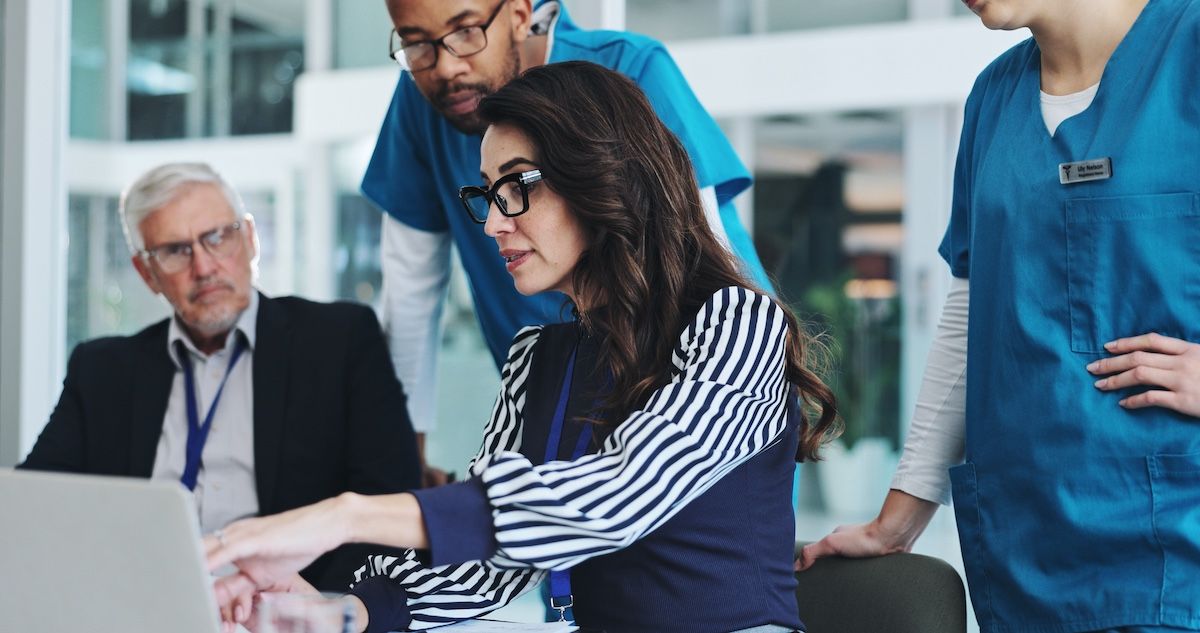Article
Why I give cash to total strangers
The satisfactions of being a stealth philanthropist are many?and including a runner-up award in our Doctors& Writing Contest.
Why I give cash to total strangers
The satisfactions of being a stealth philanthropist are manyincluding a runner-up award in our Doctors' Writing Contest.
By Eric P. Benson, MD
Internist/Athol, ID
Self-pity as recreation. I was a master of it. "Poor me," the moan went. "I'm just a doctor up against a parade of whining patients, tightwad insurance companies, and blood-sucking attorneys." I wallowed in it.
Then, fateor maybe maturityintervened.
One warm afternoon, I was parked outside a hardware store with my car window open, waiting for my wife. To my annoyance, a noisy, rusted van pulled up next to me, spewing exhaust fumes. A couple and a small child got out. The father, probably a laborer, wore muddy jeans and a T-shirt. He and his wife looked tired and downtrodden.
I was about to move my car to escape the lingering fumes, when I started to wonder what it would feel like to be that man. I wouldn't be driving to a nice, clean office every day in a Jeep Cherokee. I wouldn't be living in our comfortable home. And I probably wouldn't have good health care or be able to save for a worry-free retirement. Compared with this man's situation, I had to admit, each day of my life as a doctor was a day in paradise.
In one impulsive moment, I decided to do something I'd never done before. When I was sure no one was looking, I got out of my car and flipped a $20 bill into the van's open window. This small gesture brought me enormous pleasure as I imagined the family discovering their good fortune.
Later, I told my wife, Mary Jo, about it. We decided to become partners in helping others who obviously needed a lift. We'd find ways to pass along small sums, without embarrassing the recipients. Of course, I knew that handing people $20 bills wouldn't change their lives. They'd still be poor, and I'd still be a well-off doctor. But if I could give them a few moments of pleasure, wasn't that worth something?
Finding opportunities to help wasn't hard. One day, a family of six were standing in front of us at the aquarium ticket office. The mother wanted the children to see the companion IMAX show, but the father said they didn't have enough money. The kids were disappointed. I bent down, ostensibly to retie my shoelace, and placed a $20 bill next to the woman's foot. One of the kids quickly spotted it, and the IMAX had four more happy viewers.
Another time, I was having lunch at the local McDonald's when I noticed a young couple with an adventuresome toddler. As the mother chased him around the restaurant, the father, dressed in shabby clothes, put down his newspaper to corral the boy and lead him back to their booth. The paper was open to the help-wanted ads. I tapped the man on the shoulder and handed him a wad of bills. "I think this fell out of your pocket," I said, leaving quickly to avoid any dispute.
At a grocery store checkout one day, my wife heard the clerk tell the customer ahead of her that the TV dinners he was buying weren't on sale and the $5 he had wouldn't be enough. As the man scurried away to find dinners he could afford, she pulled out $50, added her $3 bag of vegetables to the man's bill, and asked the cashier to give him the change. As she quickly exited, she overheard, with appreciation, the cashier urging the customer to accept his good fortune.
Sometimes anonymity isn't possible. Once, when we were in Vancouver and driving to the theater, we passed a man digging in a garbage bin for food. I stopped the car. Mary Jo opened the window and, cash in hand, said respectfully, "We'd like you to have this, sir." He accepted it gratefully.
At least once a month, we find an opportunity to make some less fortunate person happy in a small way. We now also write bigger checks to our favorite charity, Catholic Relief Services. In the long run, I'm sure, those traditional donations will do the most good for the most people. Nevertheless, the secretly given cash provides the quickest benefits and gives my wife and me the most satisfaction.
Eric Benson. Why I give cash to total strangers. Medical Economics 2001;17:78.





